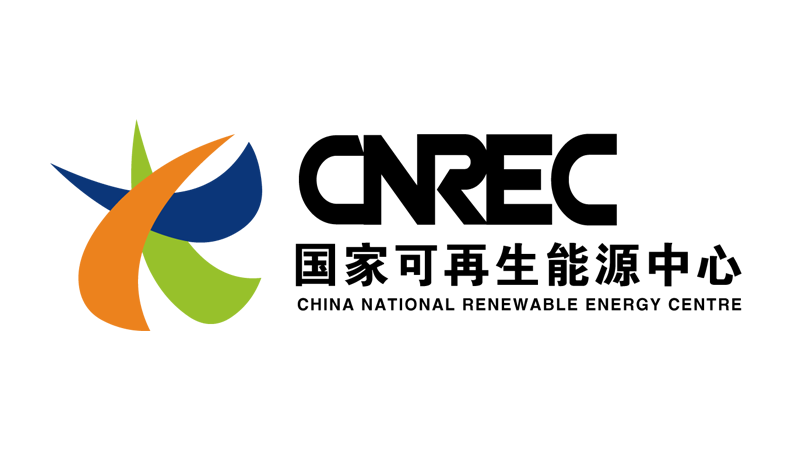-
To achieve a 50 per cent share of clean electricity by 2030 at a minimum cost, China needs to add around 35 GW of wind energy and 65 GW of solar energy per year between 2020 and 2030.
This would be roughly in line with the quickest deployment levels seen in previous years. With a rapid decline in technology costs, wind and solar can serve as a substitute for new nuclear and hydro, which current plans foresee growing at an unrealistically high rate.
-
“Flexibility” will need to become the new watchword in China’s power system, as by 2030 roughly 25 per cent of the power supply comes from variable renewables.
Restructuring the power system will be essential in order to keep it reliable and cost-effective. Inflexible baseload technologies and non-merit-order-based, coarse-scale dispatch are incompatible with a system that is increasingly dominated by weather-dependent power generation technologies.
-
China has initiated a number of important reforms already, but fundamental challenges still lie ahead.
Recent policy reforms have moved in the right direction, as China has started pilot projects for emissions trading, has reviewed its renewables remuneration scheme, and has acknowledged the need to create a power spot market. However, fundamental challenges remain to be addressed. These include overcapacity in coal-fired assets, an inflexible dispatch system, and a lack of data transparency and accessibility for market participants.
-
Five Golden Rules will help build a consistent policy regime and guarantee system reliability and cost-effectiveness.
China has the opportunity to leapfrog to a renewables-led power system design that ensures cost-effectiveness and reliability. The Five Golden Rules we develop in this paper will help policy makers view the various policy instruments and emerging sectoral markets both pragmatically and coherently while taking into account interdependencies and avoiding inconsistencies: Golden Rule 1: Use existing generation capacity efficiently by implementing short-term markets Golden Rule 2: Incentivise flexibility to ensure system reliability and adequacy Golden Rule 3: Provide stable revenues for new investment in renewables Golden Rule 4: Manage the decline of coal and its structural consequences Golden Rule 5: Acknowledge the pivotal role of transparency and data accessibility
A star for China’s energy transition
Five golden rules for an efficient transformation of China’s energy system

Preface
China has become one of the world’s leading countries in the fight against climate change. It has taken a proactive stance in UN climate negotiations and now leads the world in renewable energy deployment. At the same time, China continues to struggle with its own air pollution and greenhouse gas emissions. While Chinese emissions declined in past years, they began to rise again in 2017.
One of China’s largest clean-energy projects is the transformation of its power sector. The government aims to increase the share of non fossil-fuel based electricity in its power system to 50 per cent by 2030. According to our calculations (and those of others), this target is ambitious but feasible. Despite the achievements of recent years, significant challenges remain, especially with regard to the re-structuring of the power system.
This report addresses some of these challenges in detail. It builds on the lessons (positive as well as negative) that we have learned in Europe in recent decades. The key insight offered by the report is that a holistic perspective is necessary to ensure compatibility between policy instruments. We have summarized our findings in Five Golden Rules.
Key findings
Bibliographical data
Downloads
-
Main Report
pdf 781 KB
A Star for China’s Energy Transition
Five Golden Rules for an Efficient Transformation of China’s Energy System
-
Translation
pdf 2 MB
中国能源转型之星
Chinese translation





